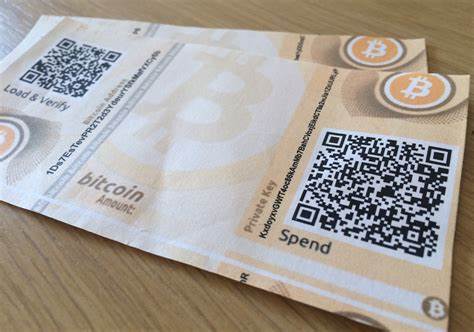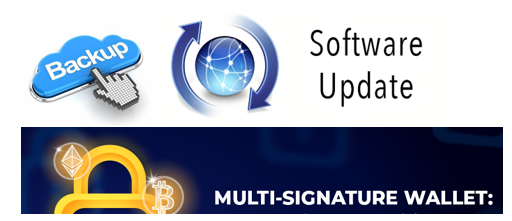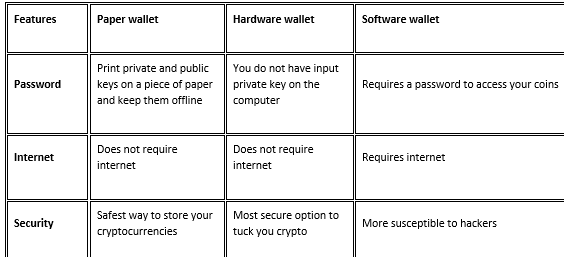How To Store Cryptocurrency Offline?
What is a hardware wallet?
There is no difference between hardware wallet and a digital bank. It enables you to receive, send as well as manage your cryptocurrencies. It is a physical wallet. They are available in different sizes, shapes and colors. Some of them like the Ledger Nano S resemble a USB stick.
This is unlike an online wallet that you can only access by connecting to the internet. A hardware wallet minimizes the risks of losing your coins to hackers as it uses offline storage. We will also have a chance to protect your cryptocurrencies against unauthorized use using an extra PIN. In case you lose your device, no one will be able to access the coins.
What is a software wallet?
We have different forms of software wallets. Each one of them comes with unique characteristics. I can say that they are hot wallets in nature you must connect to the internet. You can differentiate them by a set of cryptocurrencies that one holds as well as software platforms such as Mac and Windows. Did you know that software wallets come in three forms?
Paper Wallet
According to research on the cryptocurrency market, the safest way to store bitcoin offline is using a printer and paper. You will also need a website that you can use to create an offline Bitcoin address. Here is the procedure:
- Open the Bitcoin.com paper wallet
- Save the page locally as an HTML file on your computer
- Close the page and disconnect your device from the internet
- Click on the saved local version of your Bitcoin.com wallet
- Create your Bitcoin address by flowing the procedure provided
- Once the pair of keys, as well as QR codes, are ready, print the page
- Ensure that you disconnect the printer from the internet while printing
- You can now use your address to transfer funds from another online wallet

Desktop wallets
These wallets store all cryptocurrencies on your PC to enable access only to the user who keeps his/her private keys on the desktop.
Mobile wallets
Mobile wallets are available in form of smartphone apps. They are easily accessible through mobile phones. Remember that in the recent past, people walk with computers in their pockets. Keep in mind that such devices are highly vulnerable to hackers.
Online wallets
These web wallets allow you to access your cryptocurrencies from anywhere using any device. The website owners store all the private keys.
Physical Coins
Services are cropping up which allow Bitcoin investors to buy physical Bitcoins. The coin you purchase will have a tamper-proof sticker covering a predetermined amount of Bitcoin. In order to purchase the physical coin, you may need to pay a slight premium over the value of the Bitcoin that you're buying, owing to the cost of the manufacture and shipment of the coin itself.
Security Precautions

1. Backup
Back up your entire bitcoin wallet early and often. In case of a computer failure, a history of regular backups may be the only way to recover the currency in the digital wallet. Make sure to back up all the wallet.dat files and then store the backup at multiple secure locations.
2. Software Updates
Keep your software up to date. A wallet running on non-updated bitcoin software can be a soft target for hackers. The latest version of wallet software will have a better security system in place thereby increasing the safety of your bitcoins.
3. Multi-Signature
The concept of a multi-signature has gained some popularity; it involves approval from a number of people (say 3 to 5) for a transaction to take place. Thus this limits the threat of theft as a single controller or server cannot carry out the transactions (i.e., sending bitcoins to an address or withdrawing bitcoins).

Conclusion
There is no method that is 100% perfect on how to store cryptocurrency offline. It all depends on your preference in terms of security as well as convenience. I would like to advise you to combine a number of options to achieve the best offline storage method. Consider your holdings, as easy to use, secure and accessible. Whichever the option, always have a backup plan. If your wallet has ‘seed words’, it is vital to keep the words safe, and never lose them.






